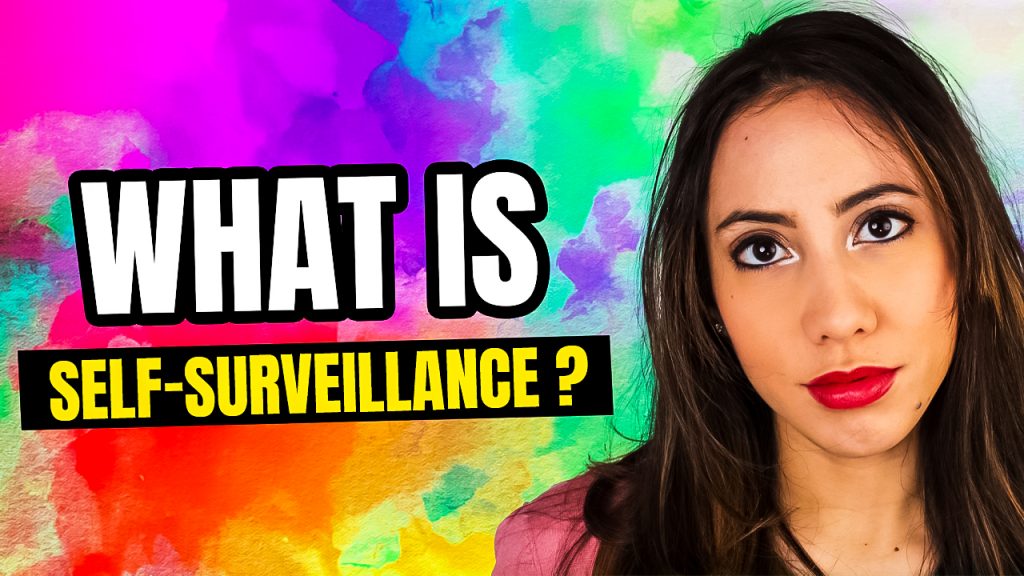
Self-surveillance is the act of monitoring and recording one’s own actions, thoughts, and emotions. It is a form of self-regulation that can be used to achieve specific goals or to maintain control over one’s behavior. Self-surveillance can take many forms, from simple self-reflection to more complex forms of self-monitoring and tracking.
One common form of self-surveillance is self-reflection, which involves taking time to reflect on one’s actions, thoughts, and emotions. This can be done through journaling, meditation, or other forms of self-expression. Self-reflection can help individuals to gain insight into their own behavior, and can be used to identify patterns or triggers that may be impacting their behavior.
Another form of self-surveillance is self-monitoring, which involves keeping track of specific behaviors or habits. This can be done through the use of tracking apps, journals, or other tools. Self-monitoring can be used to track things like exercise, diet, or sleep patterns. This can help individuals to identify areas where they need to make changes in order to achieve their goals.
Self-surveillance can also take the form of self-regulation, which involves actively controlling one’s own behavior in order to achieve a specific goal. This can be done through the use of techniques such as cognitive-behavioral therapy, which can help individuals to change the way they think and behave in order to achieve their goals.
Self-surveillance can be beneficial in many ways. It can help individuals to gain insight into their own behavior, and to identify patterns or triggers that may be impacting their behavior. This can be particularly useful for individuals who are struggling with mental health issues, as it can help them to identify patterns of behavior that may be contributing to their symptoms.
Self-surveillance can also be used to achieve specific goals, such as losing weight, improving sleep, or reducing stress. By monitoring and tracking their own behavior, individuals can identify areas where they need to make changes in order to achieve their goals.
However, it’s important to note that self-surveillance can also have negative effects. It can be time-consuming and can lead to feelings of self-criticism or guilt. It can also lead to an unhealthy obsession with perfectionism, and can make individuals feel like they’re not good enough.
Additionally, self-surveillance can be problematic when individuals become too dependent on it. They may feel like they can’t control their own behavior without constantly monitoring it, which can lead to feelings of anxiety and helplessness.
Therefore, it’s important to find a balance when it comes to self-surveillance. It can be a useful tool for gaining insight into one’s own behavior and for achieving specific goals, but it’s important to be mindful of the potential negative effects, and to use it in moderation.
In conclusion, self-surveillance is the act of monitoring and recording one’s own actions, thoughts, and emotions. It can be used as a tool for self-regulation, gaining insight and achieving specific goals but it can also have negative effects if it’s done excessively or not in balance. It’s important to find the right balance for each individual and use it in moderation.
This Post is Brought To You By BetterHelp